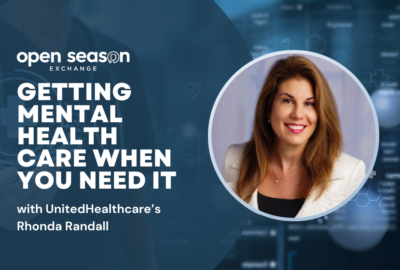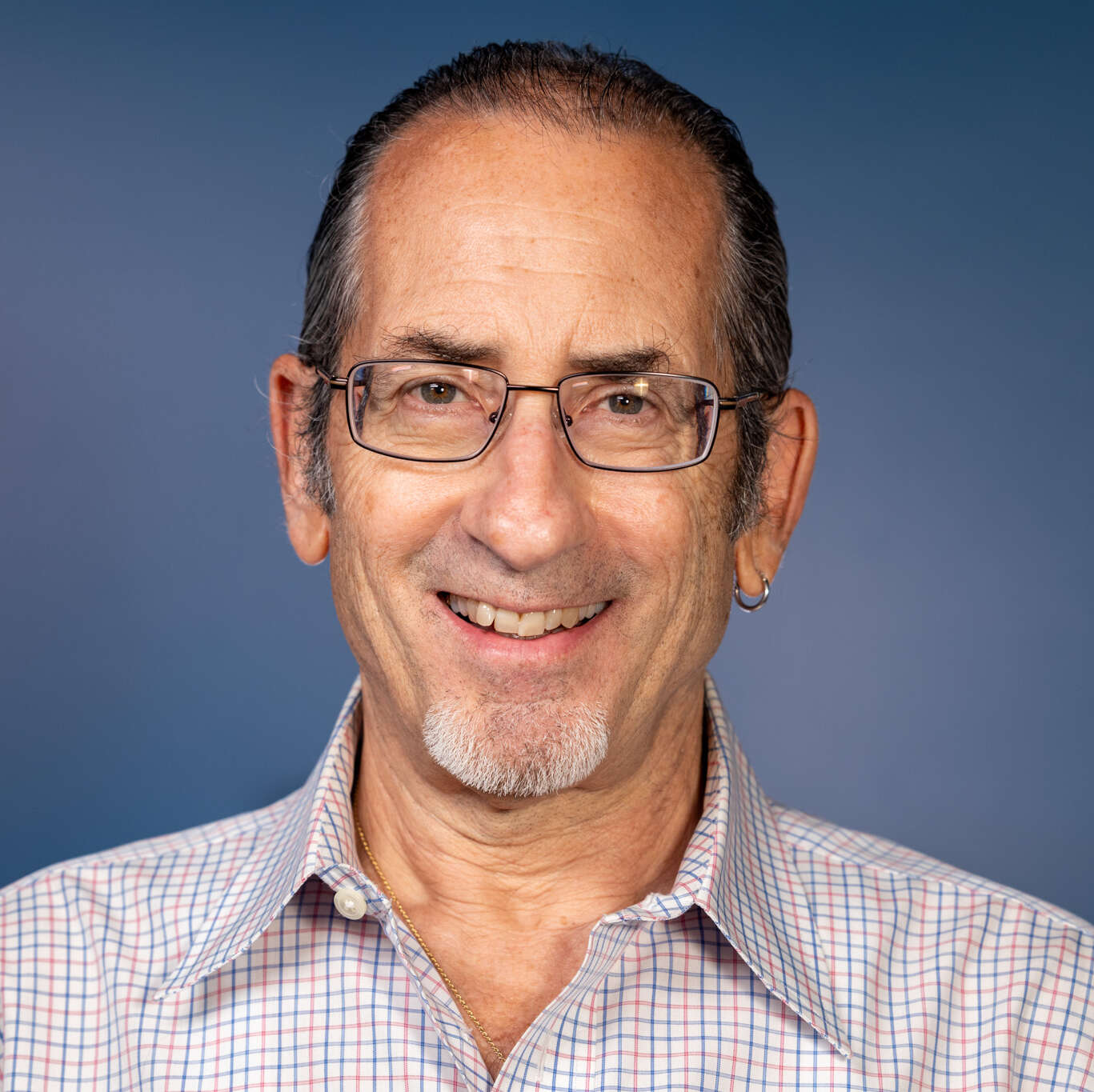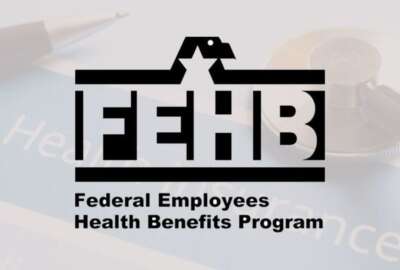Insight by UnitedHealthcare
Open Season Exchange 2023: UnitedHealthcare’s Dr. Rhonda Randall on getting mental health care when you need it
Do you have access to the mental health supports you need? UnitedHealthcare Chief Medical Officer Rhonda Randall talks with the Federal Drive’s Tom Temin about...
Stigma around mental health and seeking treatment has faded, but it hasn’t disappeared. Yet the need for mental health services for people of all ages has grown since the onset of the COVID-19 pandemic, especially among young people.
“All of that really leads to needing support, how to navigate the health care system and access behavioral health support,” said Dr. Rhonda Randall, executive vice president and chief medical officer at UnitedHealthcare.
She called the need a crisis.
“We know that the pandemic exacerbated what we were seeing prior to that,” she said during Federal News Network’s 2024 Open Season Exchange. “The reports are consistent and clear — especially for women, for adolescents, for seniors, for multiracial adults and for people with disabilities — that there are high rates of poor mental health.”
Knowing when to seek mental health support
Randall said a range of life events can be the catalysts for declines in mental health and that knowledge of them can help people realize if they could benefit from treatment.
“It can include things as common as grief,” she said, “or going through a change in life where you need some support to something more serious — substance abuse and substance use disorders, for example.” But understanding how to navigate one’s way to support is crucial, Randall said.
Federal employees and retirees who enroll in Federal Employees Health Benefits plans offered by UnitedHealthcare receive specific ways to navigate to mental health care providers appropriate for their individual needs.
“You call that customer service number on the back of your card,” Randall said, “and we’re going to help you get to the right door to get the support that you need. Just as you would if you had a physical illness.”
Randall said a person’s primary care physician is another place to start. “Because when you have that long standing relationship, they’re going to help you navigate this, and often they can get you in quickly.”
For adolescents having trouble academically or with relationships, a pediatrician can service as the gateway to mental health services.
“Pediatricians are now routinely screening youth with just a couple of simple questions around how they’re feeling emotionally,” Randall said.
For crisis situations, she recommended calling 988 or another hotline, or “look into virtual care options, which can often get you in immediately — within minutes — and assist you very quickly.”
Expanded mental health services through telehealth
Randall pointed out that the number of licensed mental health providers per capita varies widely from region to region. In New England, for example, numerous universities turn out mental health graduates in large numbers. The choices are fewer in some Southeastern states, she said.
“One of the things that’s really helped us equal that out is tele-behavioral health and telemedicine because that can be practiced across state lines,” Randall said. “Telehealth is also a really good way to get your care in the privacy of your home. We found that members, patients and healthcare professionals really like this modality of care.”
She also noted the importance of general well-being, one component of which is staying out in front of your mental health and avoiding crises.
“Our goal in all this is to avoid being in a crisis,” Randall said.
People can temper mental health issues by taking care of their total health. “Physical activity, the way we eat and how we take care of our broader physical health very much has a big impact on prioritizing our mental health,” she said. Attending to chronic conditions such as diabetes can support one’s mental health too.
Randall said UnitedHealthcare has made growth in its network of mental health providers a priority. It’s Optum Behavioral Health unit now encompasses about 375,000 providers, of which about 150,000 are available virtually. She said an equally important priority has been enhancing access to the appropriate provider for each plan member.
Plus, UnitedHealthcare has what Randall called an expanding breadth of solutions. These include digital self-help tools and coaching services for people with mild levels of anxiety. Plus, UnitedHealthcare’s Family Engagement Center can help with situations involving children and young adults, which can affect the entire family.
Mental health care can be tough to navigate. But “our care advocates can help guide you to the right care at the right time across that broad range of our network,” Randall said. “You’ll get a personal experience to help eliminate that complexity.”
To discover more insights and advice shared during the 2024 Open Season Exchange, visit the event page.
Copyright © 2025 Federal News Network. All rights reserved. This website is not intended for users located within the European Economic Area.
Related Stories

Open Season Exchange 2023: UnitedHealthcare’s Dr. Rhonda Randall on getting mental health care when you need it
Featured speakers
-

Rhonda Randall
Executive Vice President and Chief Medical Officer, UnitedHealthcare
-

Tom Temin
Host, Federal Drive, Federal News Network
Upcoming Events
Related Stories
Top Stories

Rhonda Randall
Executive Vice President and Chief Medical Officer, UnitedHealthcare

Tom Temin
Host, Federal Drive, Federal News Network
Tom Temin has been the host of the Federal Drive since 2006 and has been reporting on technology markets for more than 30 years. Prior to joining Federal News Network, Tom was a long-serving editor-in-chief of Government Computer News and Washington Technology magazines. Tom also contributes a regular column on government information technology.





